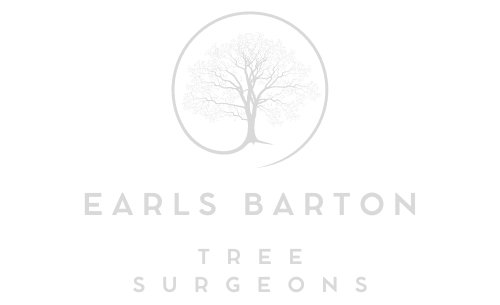The Psychology of Tree Reshaping: Aesthetics and Mental Well-Being
Introduction: Our connection to nature profoundly impacts our mental well-being. Trees, in particular, play a significant role in shaping our psychological and emotional states. Regarding tree reshaping, aesthetics and mental well-being are closely intertwined. In this blog post, Earls Barton Tree Surgeons explores the psychology behind tree reshaping, emphasising how a well-maintained and aesthetically pleasing landscape can positively affect our mental health.
The Healing Power of Nature
For centuries, humans have sought solace in nature’s embrace. Spending time in natural settings, whether it’s a forest, park, or a well-tended garden, has been linked to numerous mental health benefits, including:
- Stress Reduction: Natural environments can help lower stress levels and reduce the production of stress hormones like cortisol.
- Improved Mood: Exposure to greenery and natural beauty can enhance mood, reduce symptoms of depression and anxiety, and increase feelings of happiness and well-being.
- Increased Attention Span: Nature has been shown to improve concentration and cognitive function, making it an effective antidote to mental fatigue.
- Emotional Restoration: Spending time in nature can help restore emotional balance and resilience, helping individuals cope with life’s challenges.
The Role of Aesthetic Landscaping
Aesthetic landscaping, including tree reshaping, is vital in creating environments that promote mental well-being. Here’s how:
- Visual Pleasure: Well-pruned and shaped trees create a visually pleasing landscape, capturing our attention and creating a sense of beauty and tranquillity.
- Sense of Order: A thoughtfully designed landscape with properly reshaped trees can convey a sense of order and harmony, reducing feelings of chaos and disarray.
- Connection to Nature: A well-maintained garden or outdoor space with carefully reshaped trees encourages a stronger connection to nature, fostering a sense of grounding and belonging.
- Stress Relief: Gazing upon an aesthetically pleasing landscape can be a natural stress relief, allowing the mind to relax and unwind.
- Enhancing Outdoor Experiences: An attractive outdoor environment with well-respected trees can encourage people to spend more time outdoors, engaging in physical activity, relaxation, and social interaction, all contributing to better mental health.
Tree Reshaping and Mental Well-Being
- Sense of Control: When homeowners invest in tree reshaping to enhance their landscape, it fosters a sense of control over their environment, increasing feelings of contentment and satisfaction.
- Personalisation: Tailoring tree reshaping to your preferences allows you to create a space that reflects your unique tastes and personality, contributing to a sense of identity and ownership.
- Seasonal Beauty: Well-maintained trees can provide changing seasons of beauty, creating a dynamic, ever-evolving outdoor space that encourages exploration and enjoyment.
- Engagement: Tree reshaping projects can be a source of personal engagement and accomplishment, further boosting mental well-being.
Conclusion: The psychology of tree reshaping highlights the profound impact of aesthetics and a well-maintained landscape on our mental well-being. By investing in the beauty and order of your outdoor environment through tree reshaping and landscaping, you not only enhance the visual appeal of your surroundings but also create a space that nurtures your mental health.
Call us on: 01604 279 697
Click here to find out more about Earls Barton Tree Surgeons
Click here to complete our contact form and see how we can help with your tree’s needs.

